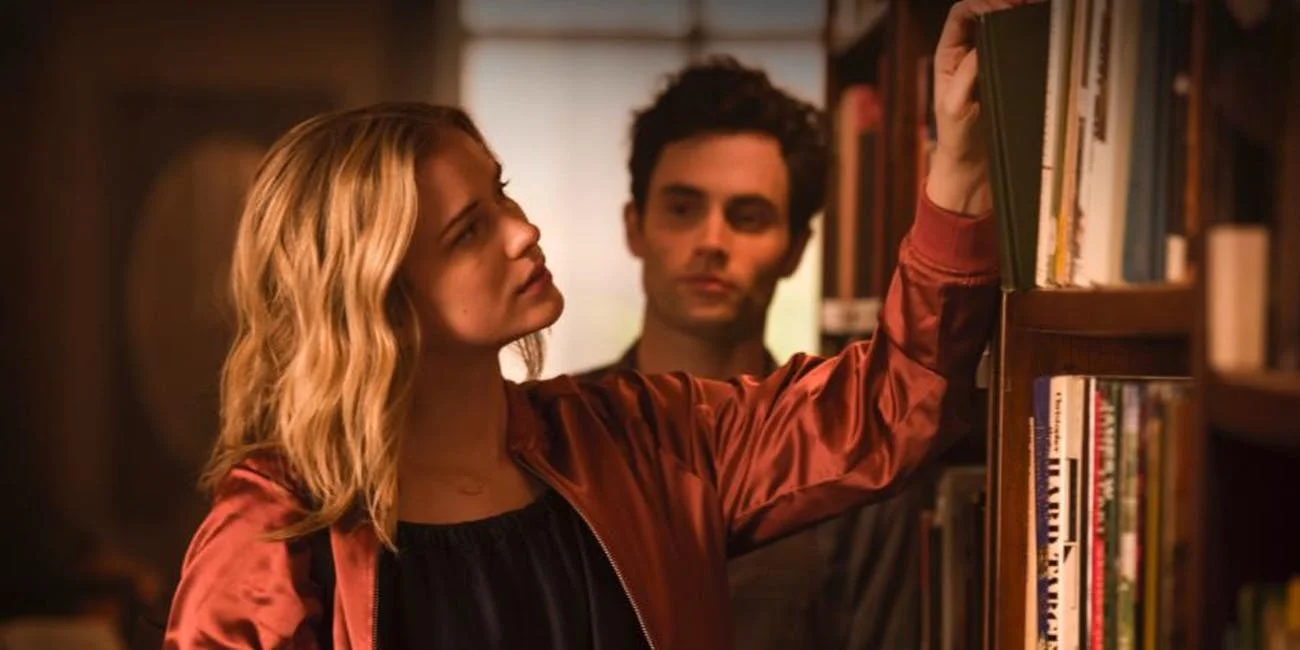I Want a Smarter Emily in Paris
By now, we’ve all been bombarded with ads for Netflix’s newest, indulgent, rom-com-esque series: Emily in Paris. The clichéd content, and many posts like it, are sent my way by any friend who’s had to save 4 different versions of my phone number in their contacts.
And I don’t blame them; it has all the makings to poke fun at your local Chicago-based French major who has seemingly been studying abroad for forever. The series has Darren Star behind it, famed creator of Sex and the City—and it shows. Emily in Paris is decidedly less risqué, but has the same level of maddeningly unrealistic cringe that young audiences no longer find tolerable.
I might be a bit envious of the ease with which Emily takes on Paris, but I think the time for a Darren Star-style show to hit the mainstream has passed. Sex and the City was a cultural phenomenon thanks to its sexually-liberated Samantha, its judgmental Charlotte, and the unapologetic Carrie and Miranda. The women of the show were flawed and while their lives in New York catered to a (very white) fantasy, the issues they dealt with still pushed the envelope for mainstream media at the time. Emily in Paris cannot say the same.
Emily beaming after telling the French they should really stop smoking. Image via.
The show is cute, and I don’t hate it for being just that. Star’s intention behind it seems to be escapism, and many fans have defended its right to be as cheesy and dreamy as it wants to be. In a sense, it would be unreasonable to expect a cutesy plot about a 20-something marketing exec to give us a documentary-like image of Paris. But the problem with the series isn’t just its departure from reality. It’s just that this imaginary Paris is — quite simply — really freaking boring.
You don’t have to know the City of Lights to yawn at the prospect of an American girl prancing around a European city, bound to fall in love with a charming man whose language she’ll never learn. The American transplants I’ve met overseas, far from home and fiercely independent, have (usually) been so much more than that. What could Emily in Paris have been if we got a glimpse of real expat-struggles beyond the snooty French colleague?
What if Emily was constantly sweating on the metro, having to get a bank account before getting an apartment but needing an apartment before opening a bank account, or even left surviving on a bag of chips because she slept in past Sunday grocery closures? And what if she interacted with more than one black person? What if the clear lack of diversity in her office was addressed, or at the very least poked fun at? Paris is indeed one of the most diverse cities in Europe.
And what if Emily was, you know, not a wealthy white woman with a golden path to Paris laid out for her? The most interesting expats I’ve met are those who’ve moved abroad on their own accord. They’ve dealt firsthand with the discrimination and exclusivity that’s all too common in Parisian culture and still made strong communities for themselves in the city.
Judging you, Em. Image via.
In a way, the casting of Lily Collins as Emily Cooper was perfect. Collins has long been compared to Audrey Hepburn, whose big brown eyes and delicate features made her the lead of Funny Face. Hepburn played that “all-American girl,” impishly working in a bookstore before being jetted off to Paris to live a life of luxury. Collins’s character represents much of the same as the 1950s (!) relic, which is exactly why it’s so underwhelming.
Sure, the series is a means for escape, conveniently unengaging for these times of high stress. But in a moment where many parts of our society are at a threshold, Emily in Paris could’ve taken steps to be as relevant, thought-provoking, and somehow-still-funny as shows like Insecure or I May Destroy You. Star had the chance to create, at the very least, a fresh version of the American in Paris storyline we know all too well. Regardless, the series is likely to be renewed by Netflix. Expats and dreamers alike can only hope that Darren Star will be bolder than ever in his second season, giving us the accessible Madame Cooper we truly need.
Cover image via.








